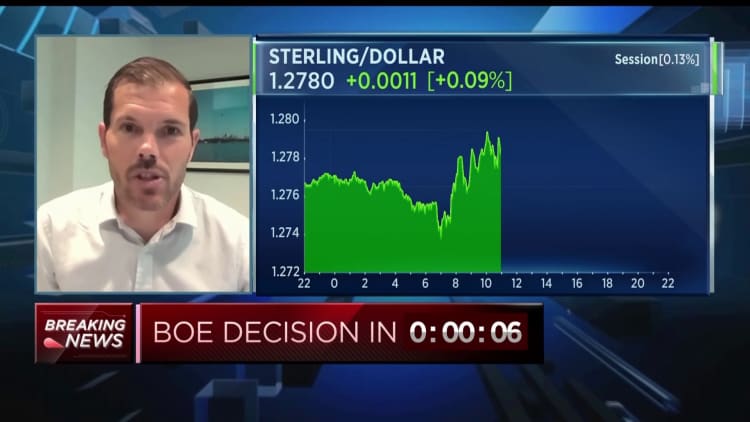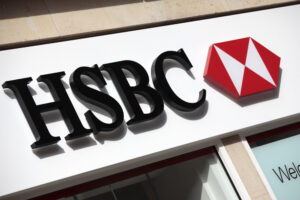There is intensifying pressure on Britain’s government to do more to help struggling households, with the country’s shadow finance minister warning of a “mortgage catastrophe” as millions are pushed to the brink of insolvency.
The Bank of England last week hiked interest rates by 50 basis points to 5%, a bigger increase than many had expected. The BOE’s 13th consecutive rate rise takes the base rate to the highest level since 2008.
The surprise move — which is designed to lower inflation — will affect millions of homeowners as the interest rates on many mortgages in the U.K. are directly linked to the central bank’s base rate. Renters, too, are likely to see their payments increase as buy-to-let landlords pass on higher mortgage repayments.
Research by the National Institute of Economic and Social Research, a leading independent think tank, estimated that the BOE’s latest interest rate hike would see 1.2 million U.K. households (4% of households nationwide) run out of savings by the end of the year because of higher mortgage repayments.
That would take the proportion of insolvent households to nearly 30% (roughly 7.8 million), NIESR said last week, with the largest impact set to be incurred in Wales and the northeast of England.
“The rise in interest rates to 5% will push millions of households with mortgages towards the brink of insolvency,” said Max Mosley, an economist at NIESR. “No lender would expect a household to withstand a shock of this magnitude, so the government shouldn’t either.”
Credit scores and grace periods
U.K. Finance Minister Jeremy Hunt on Friday met with major banks and building societies to discuss the deepening mortgage crisis in the country.
Hunt said Friday that three measures had been agreed with the banks, mortgage lenders and the Financial Conduct Authority, including a temporary change to mortgage terms and a promise that consumers’ credit scores would not be affected by discussions with their lender.
The minister also said that for those at risk of losing their home, lenders agreed to a 12-month grace period before there’s a repossession without consent.
“These measures should offer comfort to those who are anxious about high interest rates and support for those who do get into difficulty,” Hunt said.
“We won’t flinch in our resolve because we know that getting rid of high inflation from our economy is the only way that we can ultimately relieve pressure on family finances and on businesses,” he added.
Rachel Reeves, shadow finance minister for the opposition Labour Party, criticized what she described as the government’s “chaotic approach” to the mortgage crisis.
“Unlike this government, Labour will not stand by as millions face a mortgage catastrophe made by the Tories in Downing Street,” Reeves said via Twitter on Thursday.
There’s a lot of mortgage pain coming, and much of it will arrive during the run-up to a 2024 election.Torsten BellChief executive of the Resolution Foundation
U.K. Prime Minister Rishi Sunak conceded shortly after the BOE’s rate hike that the government’s mission to halve inflation to 5% by the end of the year had become more difficult.
“I always said this would be hard — and clearly it’s got harder over the past few months — but it’s important that we do do that,” Sunak said Thursday at The Times CEO summit.
“The government is going to remain steadfast in its course and stick to its plan,” he added.
‘There’s a lot of mortgage pain coming’
BOE Governor Andrew Bailey said Thursday’s interest rate rise was necessary to continue the fight against stubbornly high inflation.
Official figures published ahead of the BOE’s meeting showed annual inflation rose by 8.7% in May, exceeding expectations. It means consumer prices remain at a level far above the BOE’s 2% target.
“We know this is hard — many people with mortgages or loans will be understandably worried about what this means for them,” Bailey said. “But if we don’t raise rates now, it could be worse later.”

The Resolution Foundation, a think tank focused on issues facing low- and middle-income households, has since warned that even with the latest rate rise, the problems for borrowers are far from over.
It says current market pricing suggests that households remortgaging in 2024 are poised for an annual mortgage bill rise of approximately £3,000 ($3,813) or more on average.
“There’s a lot of mortgage pain coming, and much of it will arrive during the run-up to a 2024 election,” said Torsten Bell, chief executive of the Resolution Foundation.







